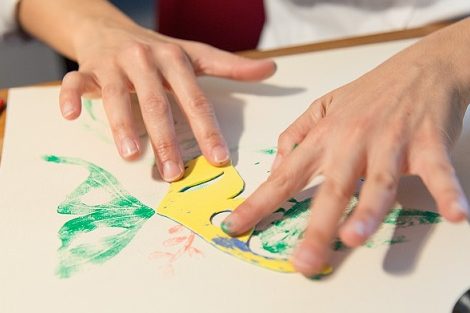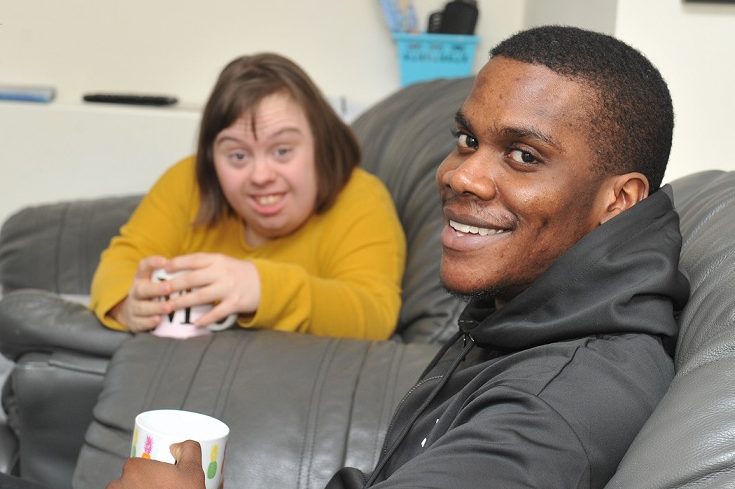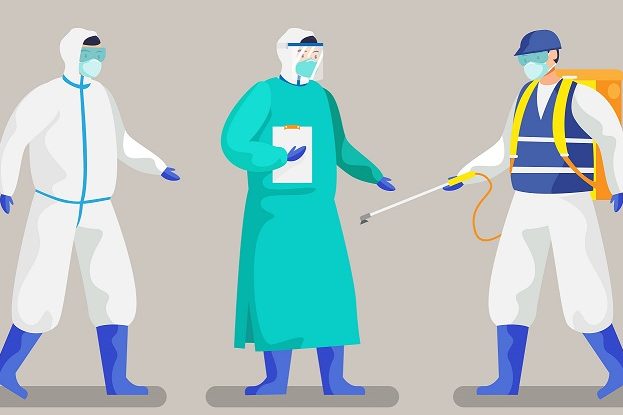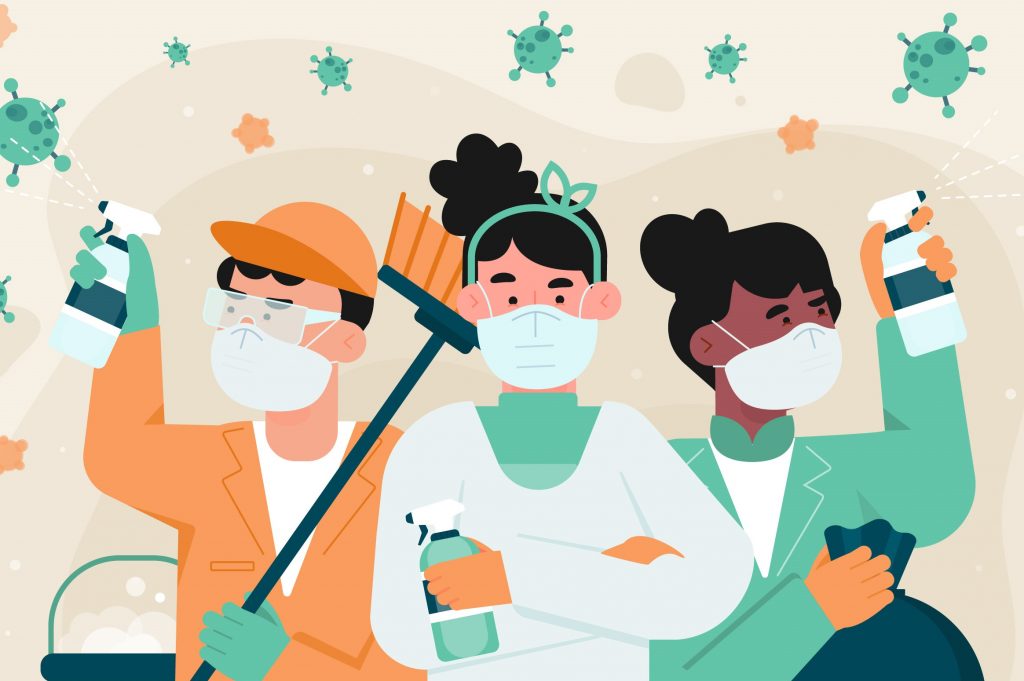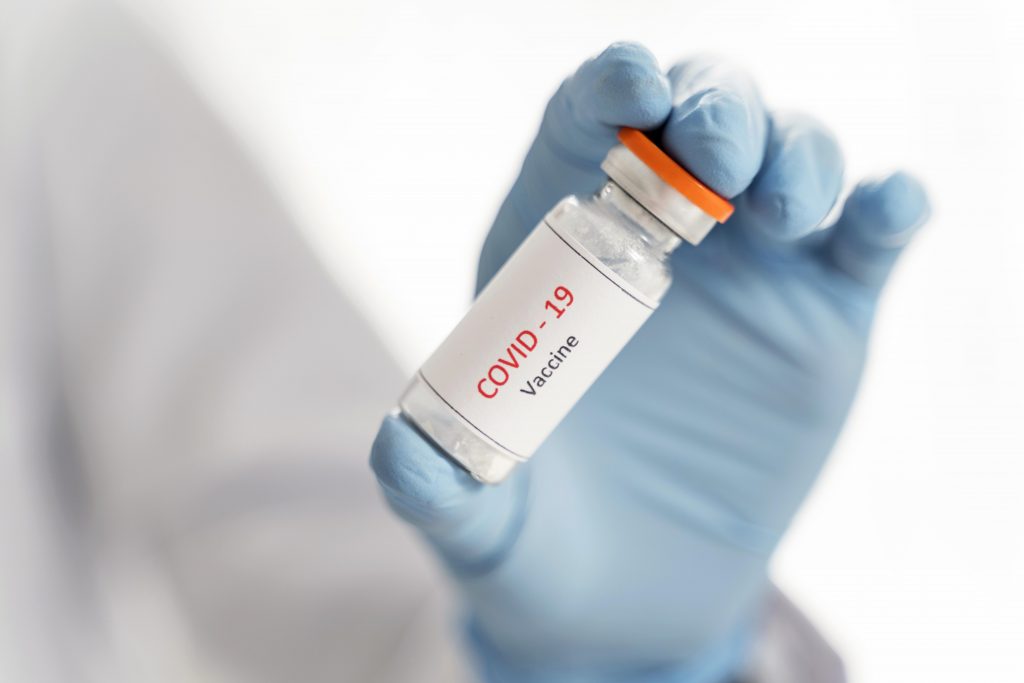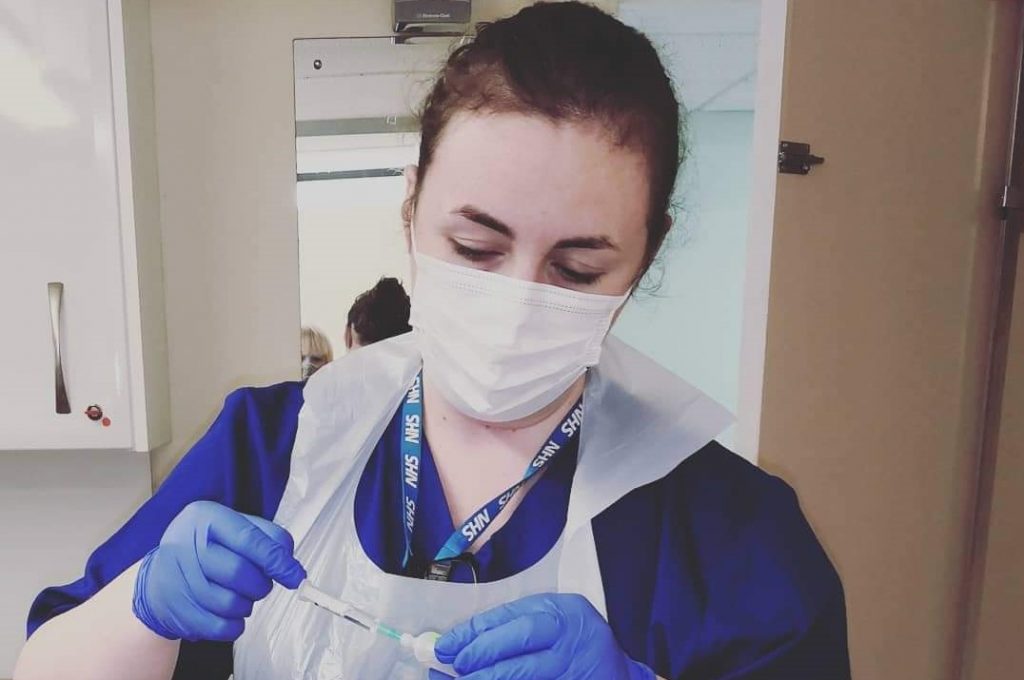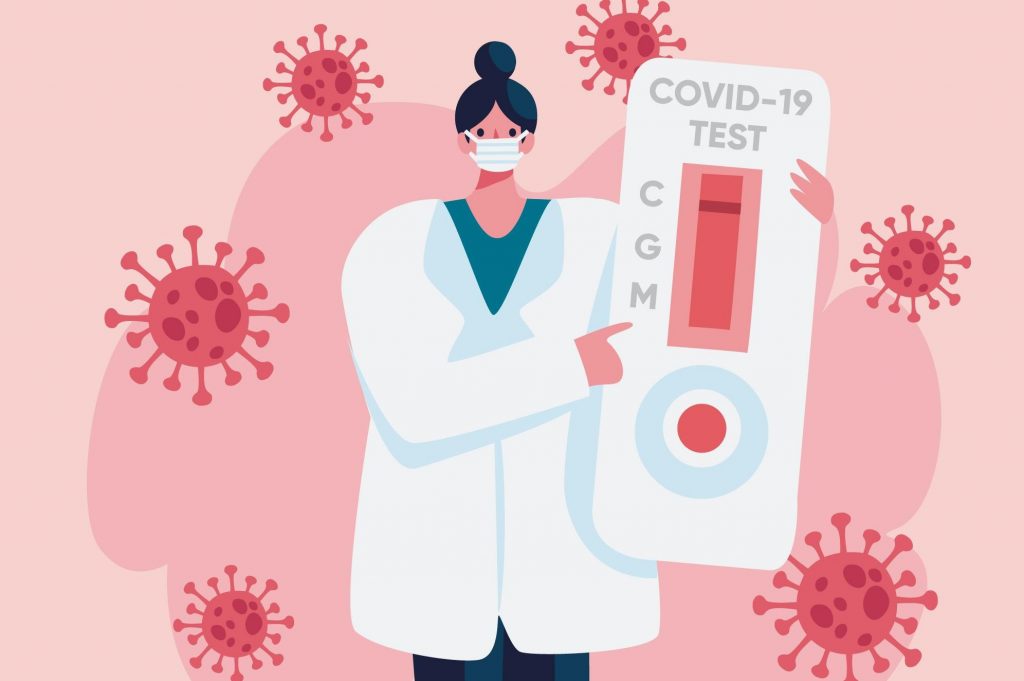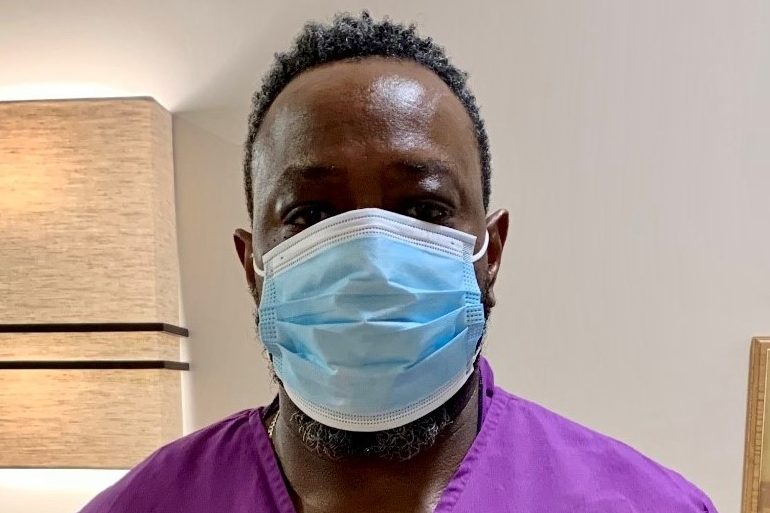coronavirus
"When the pandemic first hit... everyone’s lives changed. It felt scary, especially so for staff in our care homes who provide 24 hour support to people with learning disabilities. In an effort to help everyone understand what coronavirus was, we got creative. Using arts and crafts we made signs to remind everyone to wash their …
While the pandemic has reminded care staff how capable and resourceful they are in a crisis, the traumatic nature of their experiences over the last year has also meant learning to accept help from others. As a regional manager with Cygnet Health Care, Vicky Bradshaw was struck by how many of her colleagues have bonded …
Across the UK, Lifeways employs almost 11,000 colleagues supporting nearly 5,000 adults with diverse and complex needs, across a variety of community settings, including our supported living services and residential homes. The COVID-19 pandemic means getting things right has never been more important for many thousands of people.
Just over a year ago, ‘infection control’ was probably something many people assumed happened mainly in hospitals to prevent illnesses spreading on the wards. Yet guidance on its application has been provided in care settings for quite some time. Much of it follows the same principles now used in the struggle against COVID-19.
Homecare workers have demonstrated outstanding commitment, compassion and selflessness throughout the pandemic and have enabled around 850,000 older and disabled people to live safely and well at home. Vaccination of the 715,000 strong homecare workforce and the people they support is vital to protect their health and wellbeing. The more vaccines given, the more lives …
Care home colleagues have been at the forefront of the fight against coronavirus. They have demonstrated resilience, agility and flexibility to protect and look after some of the most vulnerable in our communities. Amidst all the challenges, a spotlight has been shone on the true value of partnership working and the sharing of expertise and …
"I run a domiciliary care service supporting children and adults with complex health needs in their own homes. As the Director and Registered Manager of Elite Care Solutions in Scunthorpe, North Lincolnshire, it is part of my role to share information and updates with staff to help them make informed decisions about testing and whether …
"There was something about the way we marched up the path to the care home, cool box in one hand, sharps bin in the other, scrubs on and masks pulled across our faces. We had a determined walk which caught the attention of residents and their staff, faces pushed up against the glass and little …
As far back as early December 2020, care home provider Barchester Healthcare did everything possible to protect staff and residents from the infection risks posed by COVID-19. The introduction of lateral flow device (LFD) tests allowed them to further enhance their infection control measures...
Louis Laleye is a physiotherapist at a Royal Star & Garter care home in High Wycombe. He caught COVID-19 in March 2020 and later took part in the antibody trial. He explains why he decided to take the COVID-19 vaccine.
